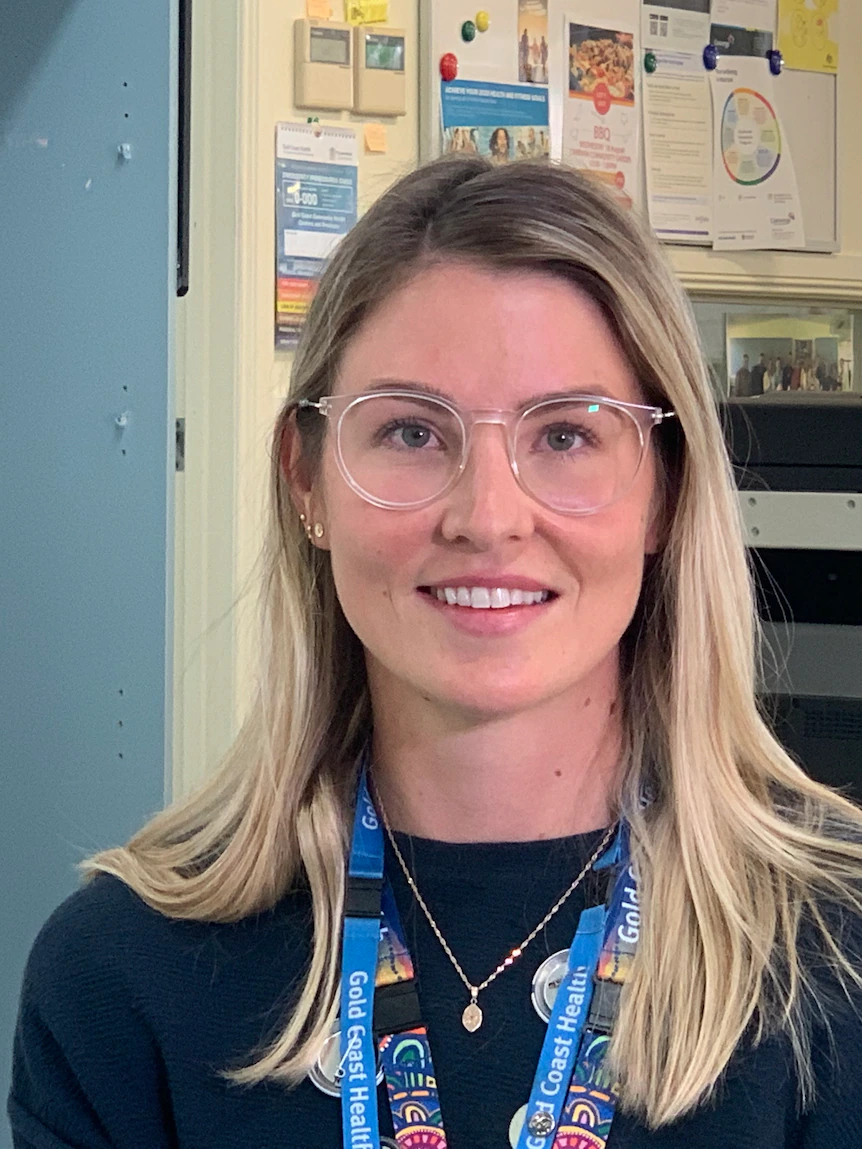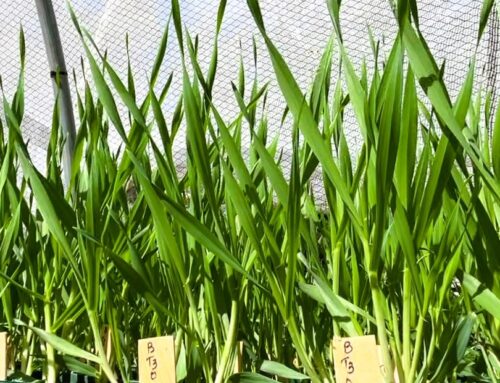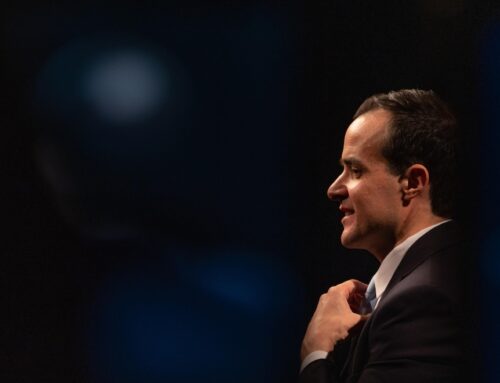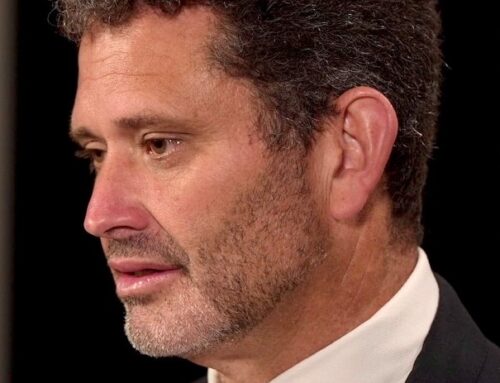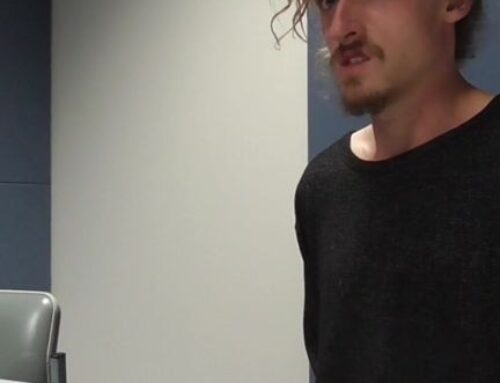Tara Hawking was travelling the world as a sales manager before COVID hit.
Key points:
- Contact tracers describe their job as challenging but the best job they’ve ever had
- The Gold Coast public health unit has contact traced 26,000 people
- Queensland contact tracers have also been asked to help NSW with the Delta outbreak
She’s now one of Queensland’s contact tracers, working alongside others after a forced pandemic career change.
“One of the girls who started with me, she was a Qantas flight attendant, she did the LA route,” Ms Hawking said.
“We’ve had people who were studying law, we obviously have ex-nurses coming back into the workforce. There’s a range of people.”
It’s a diverse and dedicated COVID-19 response team, contact tracing from a repurposed aged care home on the Gold Coast.
“I’ve helped keep all these other people safe,” she said.
ABC Gold Coast: Steve Keen
)The 29-year-old is also studying to be a paramedic.
But for now she’s helping save lives from an unassuming office her colleagues call the “fishbowl”.
It’s where contact tracers sift through hours of CCTV and mountains of data from epidemiologists.
One case is a ‘week of work’
ABC Gold Coast: Sarah Cumming
)“You might hear of one case but one case to us is a week of work.
“For me, it’s interesting to hear people’s stories. Initially, when all these people were coming back from overseas, you’re having people come back from Madagascar and super random countries.
“Now I think it’s more investigatory, that’s what I find more interesting.”
‘Abusive phone calls’
Public health physician Vicki Slinko said more than 18 months into the pandemic her team was tired but committed.
“To contact trace well, you have to be able to engage the person who’s the case and talk to them, it’s often done by telephone, getting a rapport with that person,” Dr Slinko said.
ABC Gold Coast: Sarah Cumming
)Public health nurse and contact tracer Fiona Vosti said initial interviews for cases in hotel quarantine took around one hour.
She said it was time-intensive work and often challenging.
“They get abusive phone calls, people who obviously aren’t telling the truth,” she said.
“We also get quite sad stories of people who have come from overseas or even come from interstate, so it’s quite the roller-coaster of emotions.”
ABC Gold Coast: Steve Keen
)Dr Slinko said QR codes were just one of many tools contact tracers used.
“So we can work out exactly what times people have been there, we’ll ask them to look on their phones to try and track where they’ve been to jog their memory, we will ask them to get their diaries out.”
NSW requests help from Queensland contact tracers
The Gold Coast public health unit was the state’s first to record a COVID case in January last year.
Since then they’ve contact traced 26,000 people.
ABC Gold Coast: Steve Keen
)The unit recently assisted in the Indooroopilly and Cairns clusters and have been asked to support with the pandemic response in NSW.
If that happens, the Queensland team will be prepared.
“The thing I like most about the job is when you do get those people on the phone who are just so happy that they’re back in Australia,” Ms Hawking said.
“So hearing that is what makes my job special.”
Ms Vosti agreed that the job was a special one.
“This is actually the best job I’ve ever had,” she said.
And possibly the most important.
Space to play or pause, M to mute, left and right arrows to seek, up and down arrows for volume.

